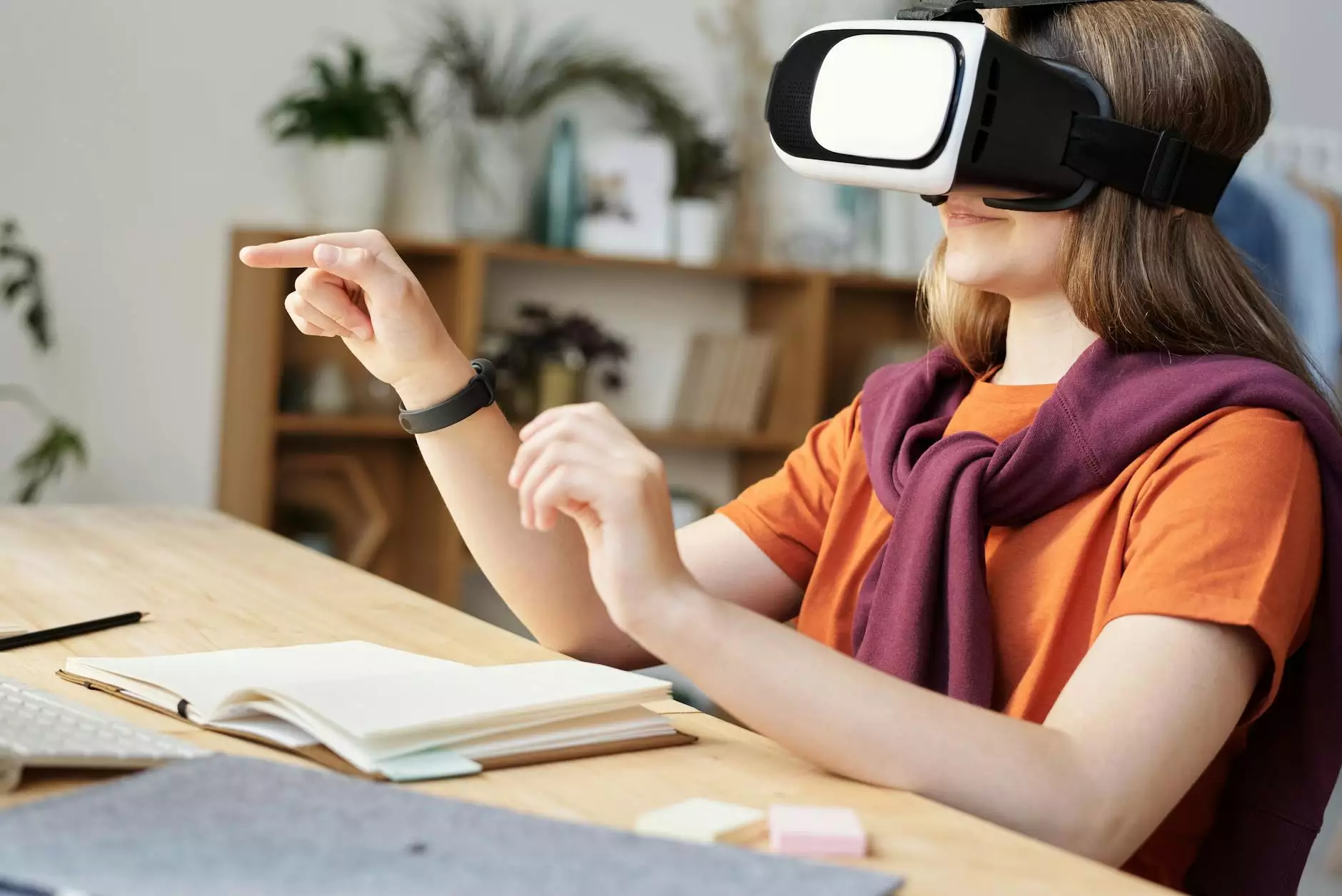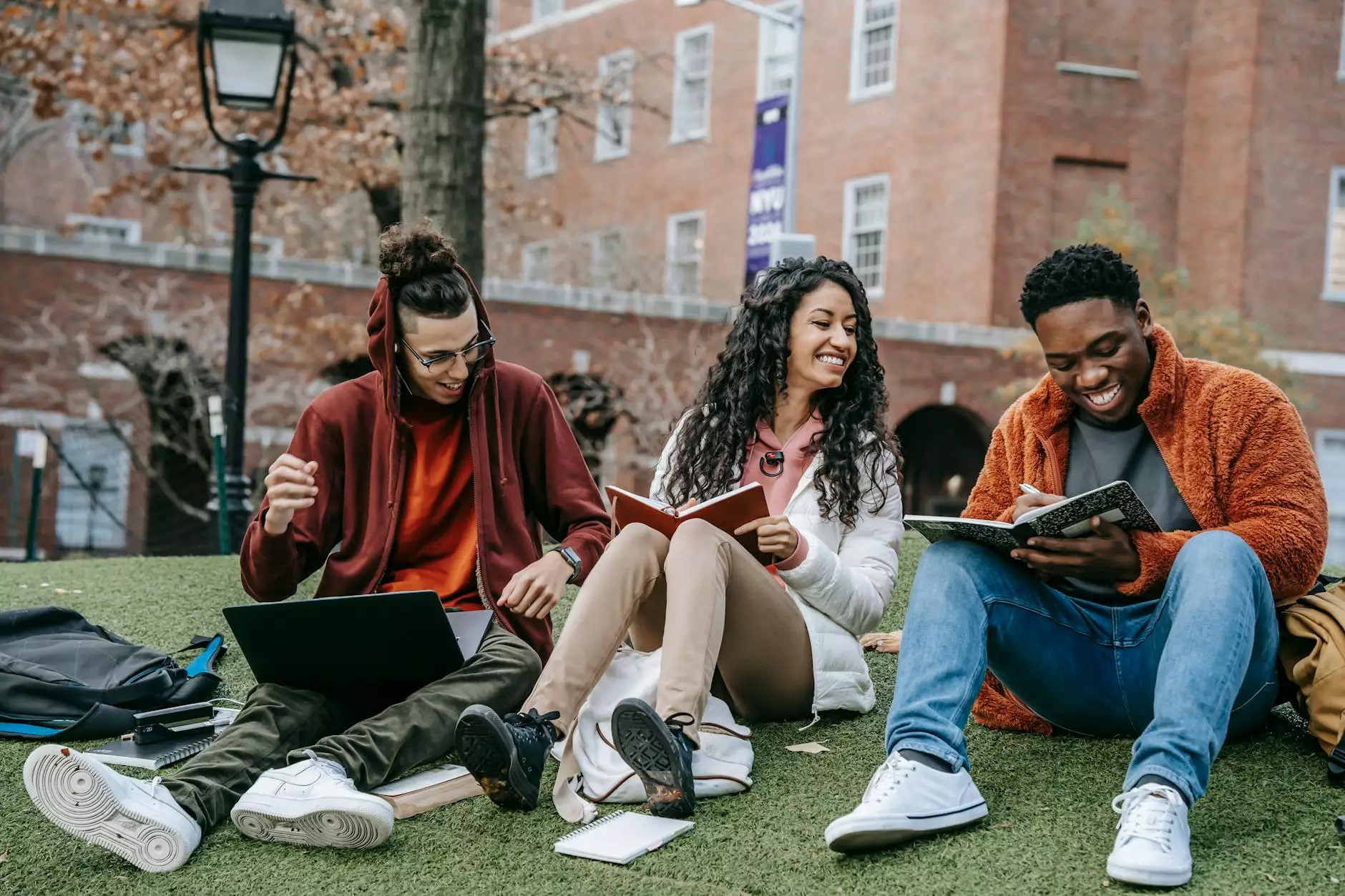Mixed Reality for Education: When to Use VR vs AR
Blog
Introduction
As technology continues to transform various industries, the field of education is embracing the potential of mixed reality to enhance learning experiences. Mixed reality encompasses both virtual reality (VR) and augmented reality (AR), providing immersive and interactive environments that engage students in unprecedented ways.
Why Choose Mixed Reality for Education?
Mixed reality offers numerous advantages over traditional teaching methods, making it a compelling choice for the education sector. By combining the best elements of VR and AR, educators can create dynamic and engaging learning environments that promote active participation and improved knowledge retention.
When to Use Virtual Reality (VR) in Education
Virtual reality is particularly effective when simulating situations that are difficult, expensive, or even impossible to replicate in the real world. VR allows students to immerse themselves in rich, three-dimensional environments, fostering experiential learning and knowledge acquisition in a safe and controlled setting.
1. Field Trips and Historical Reconstructions
VR can transport students to any location, past or present. They can explore ancient civilizations, witness historical events, or visit natural wonders without leaving the classroom. This virtual field trip experience creates a sense of presence and enables students to fully engage with the subject matter.
2. Science and Engineering Simulations
In scientific and engineering disciplines, VR allows students to conduct experiments and simulations that would otherwise be impractical or hazardous. By providing a realistic and immersive environment, VR helps students develop critical thinking skills, problem-solving abilities, and hands-on experience.
When to Use Augmented Reality (AR) in Education
Augmented reality enriches the real world by overlaying digital content onto the physical environment. AR enhances learning by adding interactive elements and contextual information to aid comprehension and engagement.
1. Interactive Worksheets and Educational Materials
AR can transform static textbooks and worksheets into interactive and dynamic learning tools. By scanning specific pages or images, students can access additional content such as 3D models, videos, and animations that deepen their understanding of the subject matter.
2. Anatomy and Biology Lessons
With AR, students can explore and study the human anatomy up close. By overlaying digital representations onto physical models or even real individuals, AR enables students to examine organs, bones, and systems in a highly interactive and engaging manner.
CI Advertising: Your Partner for Mixed Reality Integration
At CI Advertising, we specialize in assisting educational institutions and organizations in leveraging the power of mixed reality. Our team of experts is dedicated to identifying the most appropriate applications of VR and AR in educational settings, ensuring optimal outcomes for both educators and students.
Through our tailored solutions, we can help you:
- Develop immersive educational experiences using cutting-edge VR and AR technologies
- Integrate mixed reality content into existing curricula and programs
- Provide professional development and training for educators to effectively utilize mixed reality
- Evaluate and measure the impact of mixed reality on student learning outcomes
- Stay updated with the latest advancements and emerging trends in mixed reality for education
By partnering with CI Advertising, you can transform your educational initiatives and empower your students with immersive and engaging learning experiences.
Conclusion
Mixed reality, encompassing both VR and AR, offers immense potential for revolutionizing education. By understanding when to choose VR or AR based on specific learning objectives, educators can create impactful and interactive experiences that enhance student engagement, knowledge retention, and overall educational outcomes. CI Advertising is your trusted partner in integrating mixed reality into the education sector, ensuring a successful transition into the future of learning.




